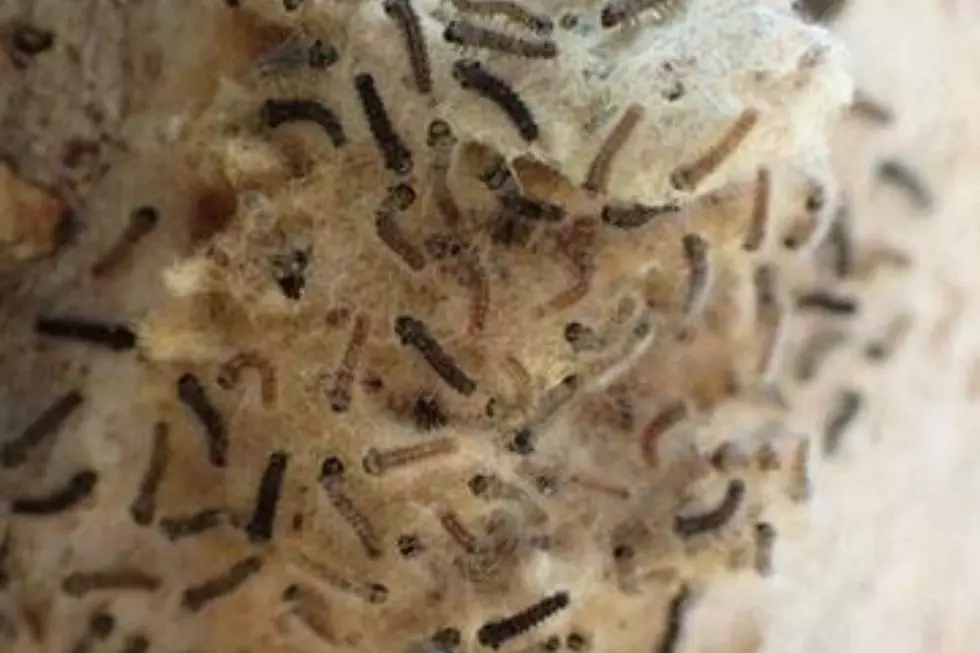
‘Rogue’ New York Woman Found Living With Dead Wildlife
New York State officials report finding many dead and illegal wildlife animals at a "rogue" woman's home.
In this week's Environmental Conservation Police on Patrol the New York State Department of Environmental Conservation said a New York State wildlife rehabilitator went "rogue."
"Rogue Rehabber – Nassau County, Long Island, New York
Last month, ECO Kochanowski and Region 1 DEC Wildlife Biologist Hamilton received a report about a wildlife rehabilitator "unlawfully accepting" raccoons at her home on Long Island.
Officers went to the woman's home in Merrick, New York and quickly determined the rehabilitator did not have a required rabies vector species license, officials say.
The DEC also received multiple reports "alleging negligent rehabilitation practices such as raccoons escaping the residence and roaming free in the rehabilitator’s vehicle and disposing of dead raccoons in residential garbage"
5 Dead Raccoons Found In Merrick, New York Home
Get Ready To Pay More: Plan For Massive Toll To Drive In New York State Approved
Officials then found five dead raccoons and a possum in or outside the home.
For all the news that the Hudson Valley is sharing make sure to follow Hudson Valley Post on Facebook, download the Hudson Valley Post Mobile
More Illegal Wild Animals Found In Home
The DEC also allegedly found a mourning dove and eastern box turtle, animals the rehabilitator is not permitted to possess, and many squirrels.
The woman was permitted to possess squirrels but failed to adhere to the required guidelines preventing the squirrels from becoming habituated to human contact, according to the DEC.
The woman was given four notices of violation for illegal possession and transportation of rabies vector species, two counts of illegal possession of protected wildlife, and failure to comply with terms of a wildlife rehabilitator’s permit.
This May Impact You: 1 Of New York's Biggest Gas Stations To Close 1,000 Locations
The rehabilitator’s license is also currently under review by DEC’s Division of Wildlife.
Illegal Pets To Own In New York State
Illegal Pets To Own In New York State
Missing: Nearly 50 Kids Disappear From New York State
The 25 Most Dangerous Places To Live In New York State
More From WPDH-WPDA










